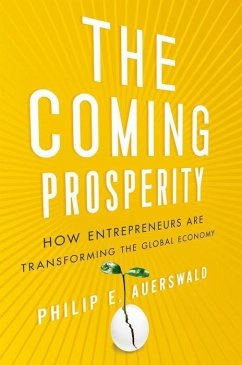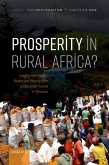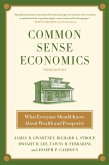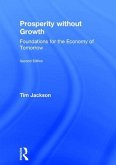Over the course of the next 25 years, it is estimated that nearly eighty percent of global economic growth will originate in previously poor places. Large countries with burgeoning populations such as China, India, and Brazil have economies that have exponentionally grown over the last few decades, and projections indicate that they will continue to do so for some time to come. While the challenge that this 'rise of the rest' poses to the United States' current economic hegemony has risen concern amongst economists and businesses. In The Coming Prosperity, Philip Auerswald argues that the introduction of the majority of the world's population into the global economy should be considered a source of opportunity. As technology spreads and communication between populations improves, more people will have a greater opportunity to create economic value for themselves and society than ever before. Auerswald asserts that the success of integrating developing populations and societies into the global economy lies with the entrepreneur. Inventors, innovators, and the creators of new ventures form the basis for future economic prosperity, and in the developing world, where new technologies and global knowledge networks are being introduced, the opportunities afforded to entrepreneurs are rapidly becoming available. Auerswald links personal, social entrepreneurship narratives with a more global movement, in which developing economies are not threats to the world's stability, but rather unique opportunities to discover new pathways toward progress and the coming prosperity.








